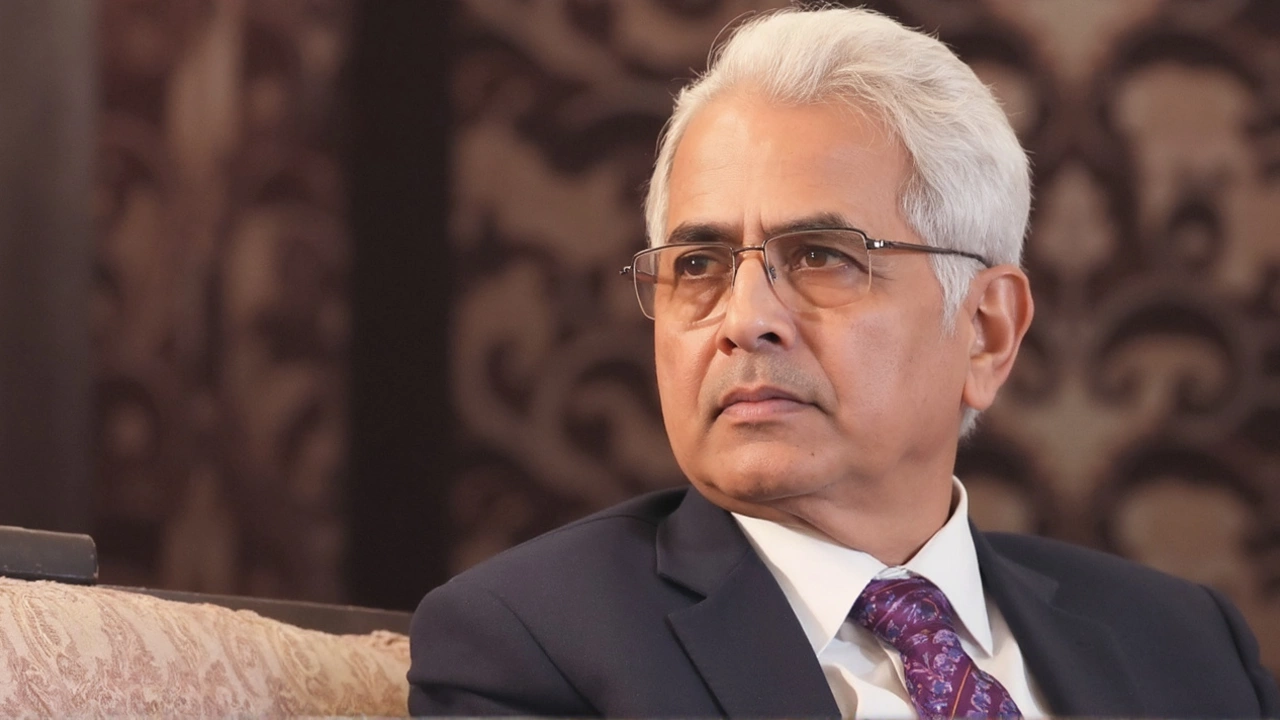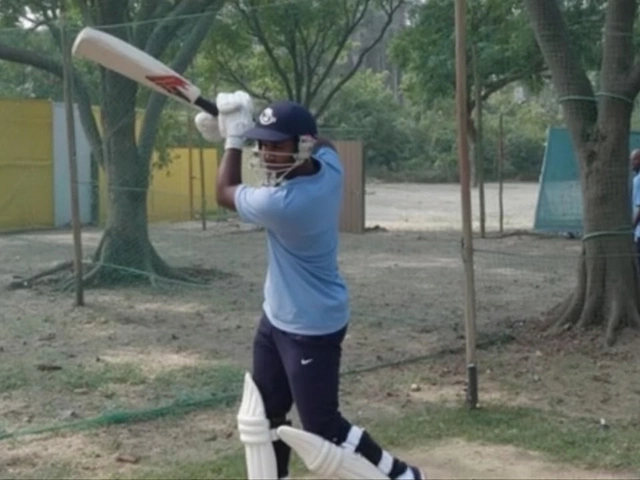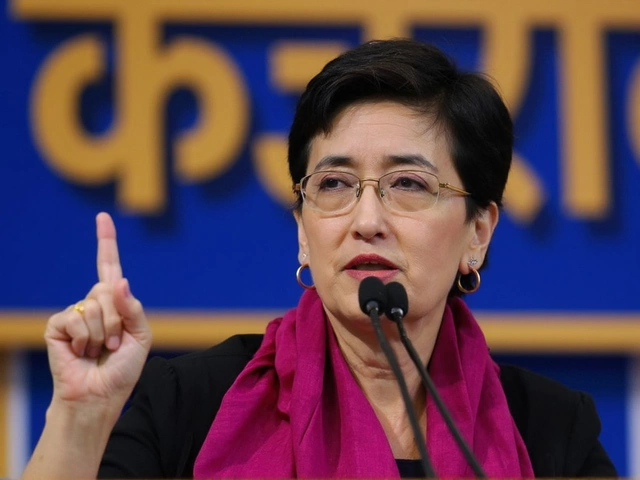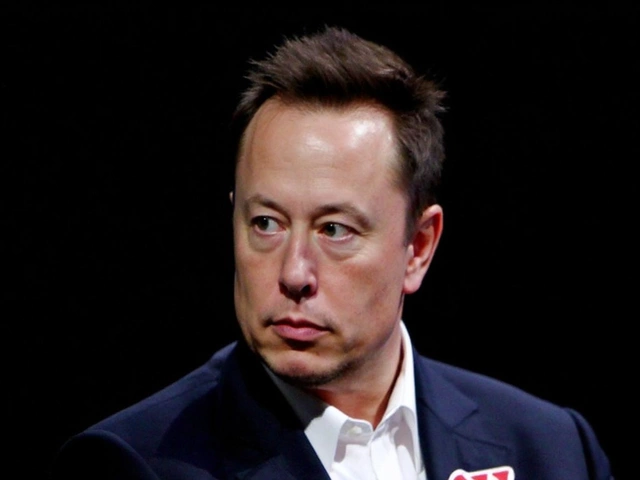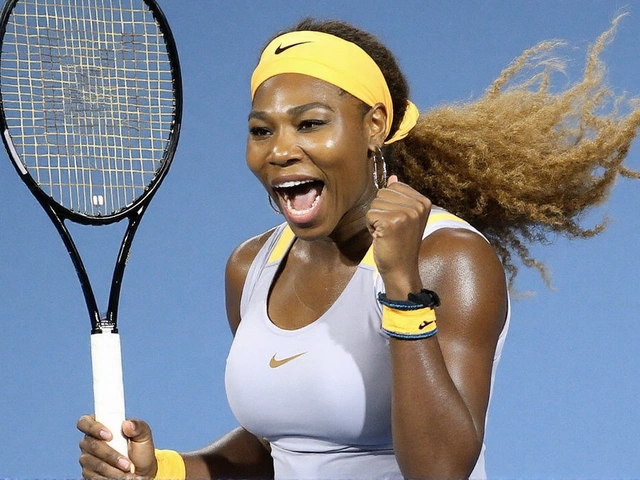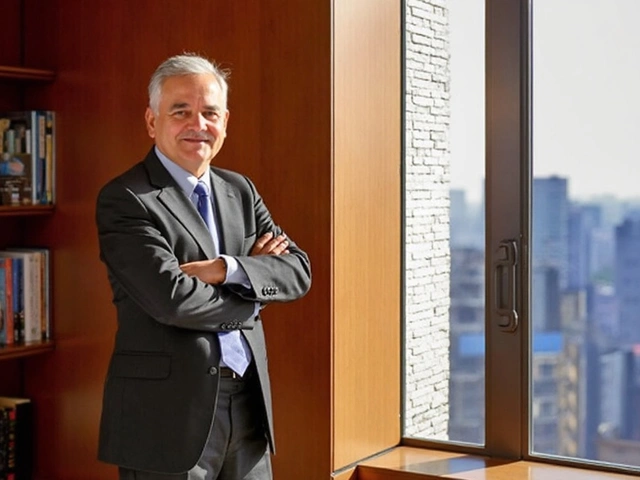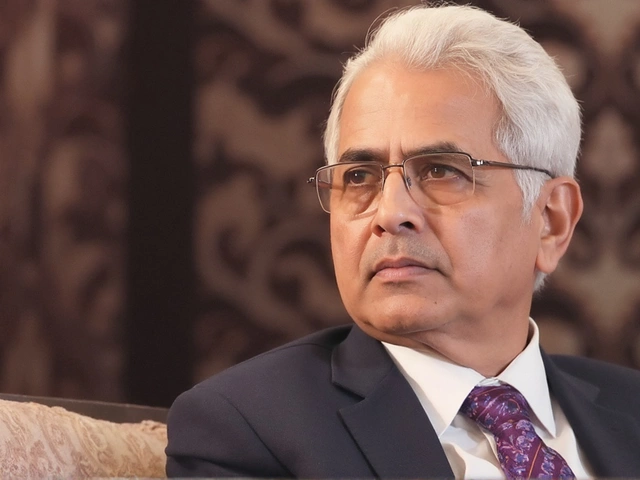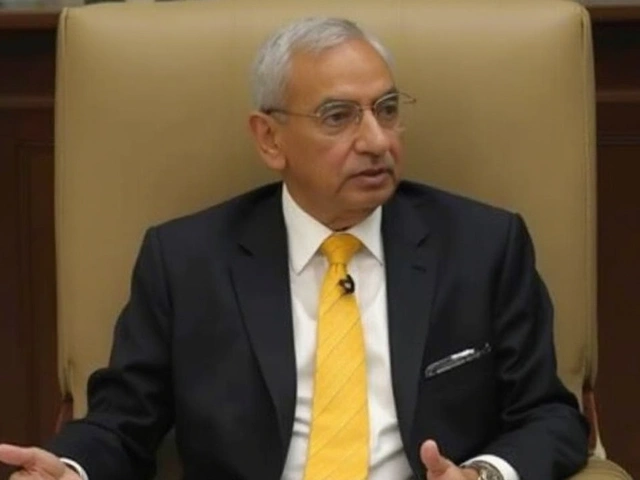Shaktikanta Das, once at the helm of India’s central banking system, has taken on a new challenge in his career, stepping into the political arena as the Principal Secretary to Prime Minister Narendra Modi. This transition, made official in February 2025, has piqued interest, especially because details of his financial standing remain shrouded in secrecy. Although public records have not disclosed his exact net worth, insights into his earnings during his glorious tenure at the Reserve Bank of India shed some light.
During his term as the RBI Governor, Das drew a salary of approximately ₹2.5 lakh monthly, summing up to gross emoluments touching ₹2.87 lakh, inclusive of allowances. Given the parallels in responsibilities between his former role and his current one, his salary as Principal Secretary is anticipated to be comparable to what a Cabinet Secretary earns, potentially exceeding ₹2.5 lakh monthly.
From Economic Mastermind to Political Strategist
Known for steering India through economic storms, Das’s tenure witnessed several landmark events. The GST implementation in 2017 under his aegis marked a significant shift in the country’s tax regime. Furthermore, he adeptly handled the rippling effects of demonetization, which was one of the most seismic fiscal policies implemented in contemporary Indian history.
Das’s impactful stint at the RBI also included managing financial upheavals such as the IL&FS crisis and prevailing over inflation under the Monetary Policy Committee. Notably, his era saw a remarkable reduction in Non-Performing Asset (NPA) ratios from a steep 10.38% to a manageable 2.59%, alongside building a robust forex reserve that reached a substantial $658 billion.
His professional journey, starting as an IAS officer from the 1980 batch, enriched his profound understanding of India's evolving economic landscape. Additionally, he holds a D.Litt. degree from Utkal University, awarded in 2021, further complementing his distinguished career.
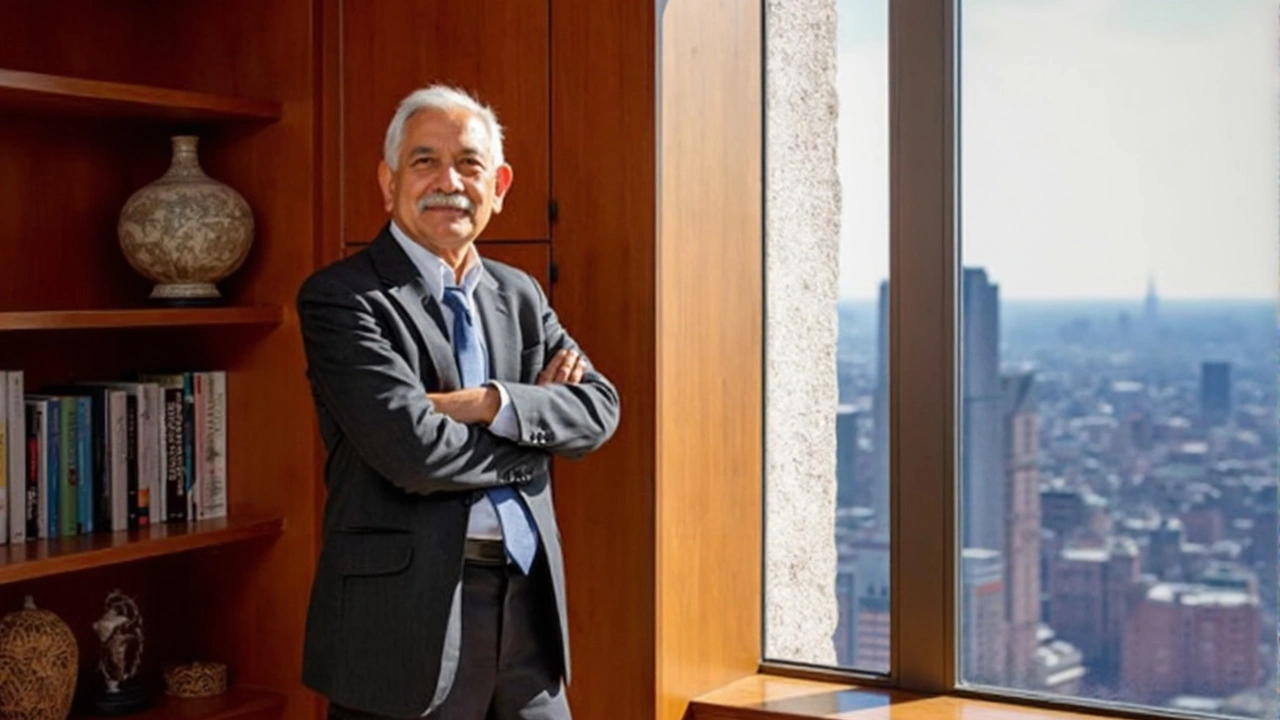
Recognition and Global Influence
Despite facing criticism initially upon his appointment, Das proved his mettle by earning global accolades. In 2020, he was celebrated as the ‘Central Banker of the Year,’ underscoring his effective leadership amidst tumultuous times. He frequently represented India in prestigious global forums, including the International Monetary Fund (IMF), the G20 congregation, and BRICS meetings, amplifying India’s voice on significant global economic platforms.
From reviving an ailing banking system to managing currency reserves, Das’s journey reflects the intersection of regulation, innovation, and leadership. As he moves forward, shaping policy from the Prime Minister’s office, the continued interest in both his role and his mysterious financial background only adds to his enigmatic profile. His transitions remind us of the dynamic interplay between economic expertise and political strategy in shaping the future of a nation.
